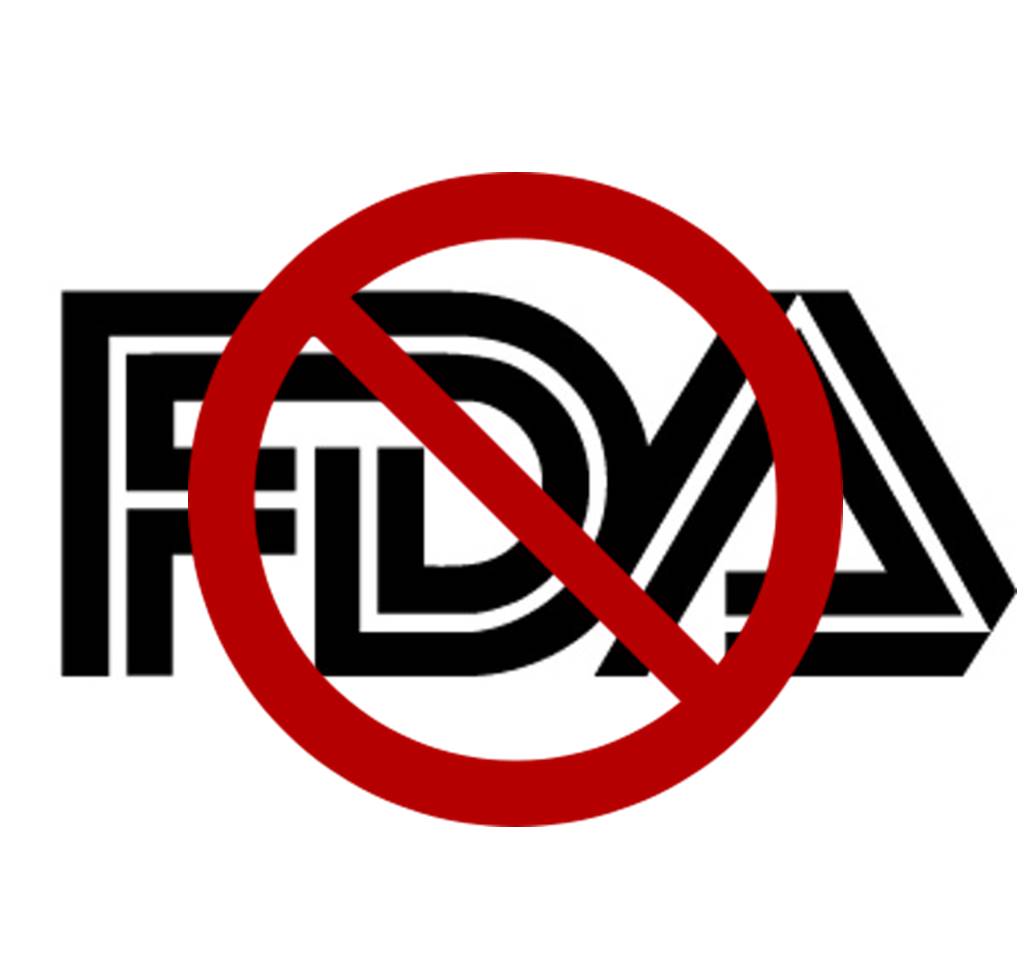Nancy Bradish Myers of Catalyst Healthcare Consulting in Washington, D.C., knows FDA well and recently assessed the impact of the US government shutdown on FDA. Here’s what is happening now, under the FDA shutdown:
- The FDA cannot accept any new drug, biologic, device, or generic applications that require payment of user fees until the shutdown ends.
- The FDA is not accepting any new INDs for review (aside from emergency INDs).
- If 40 percent of the employees are furloughed, that means that much of the work that supports the agency’s public health mission is being delayed or halted in its tracks.
- Carryover funding that is being used to support certain interactions and “discussions” with companies to help advance development programs could run out in various centers within weeks. And it’s noteworthy that even with that carryover funding, user fees are additive to appropriations and are dedicated to certain well-defined activities; funding from user fees and appropriations cannot be used interchangeably. Therefore, while carryover funding is indeed helpful for certain key FDA responsibilities to continue for the time being, they will not replace what’s missing in other areas.
- Many of the hiring efforts the agency has worked on so diligently over the last year are being held up.
The Commissioner of FDA, Scott Gottleib, has said that funding from PDUFA continues to allow the agency to operate. CDER, for example, has approximately a month’s cushion of FY18 user fee carryover that is keeping user fee-supported staff working.
Ms. Myers indicates that, from her perspective, as the shutdown drags on, she is most concerned that it may result in:
- Slowed innovation: Delays in approval of new medical products, when every day counts for patients and increases the costs to sponsors
- A slowdown in generic approvals, thus affecting costs to patients
- Lower workforce morale, at a time when the FDA is attempting to staff up due to expanding responsibilities, e.g., under 21st Century Cures and the user fee programs
- Depending on the duration of the shutdown, this could lead some current FDA staff to consider jumping ship to seemingly more stable, predictable employers (adding to the FDA’s already-difficult task of competing with industry for employees).
- The FDA’s ability to recruit and retain new staff would be affected as well.
Ms. Myers concludes that, even when funding returns, we may see ripple effects throughout the year, which could come in the form of missed deadlines, postponed initiatives, and delayed conversations that help advance new science.
Her article ‘FDA Shutdown: Assessing The Potential Impact On Innovation And Public Health’ appears in the 11 January issue of Pharmaceutical Online.
Chamow & Associates assists companies to develop biologics for clinical testing and welcomes your inquiry.





